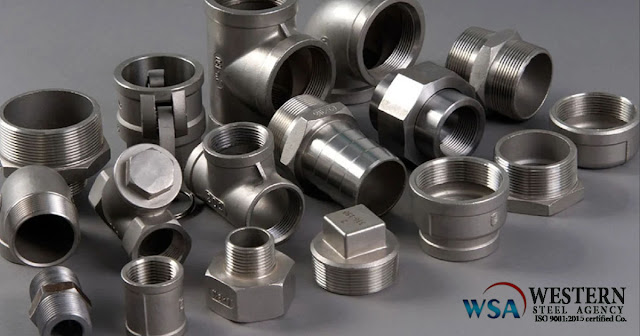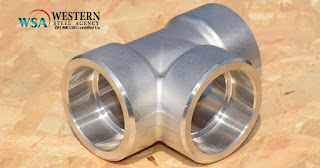Understanding Forged Fittings: What You Need to Know
When it comes to connecting pipes in industrial settings, one crucial component often used is forged fittings. These fittings play a significant role in ensuring a secure and reliable connection between pipes, which is vital for the smooth operation of various systems.
What Are Forged Fittings?
Forged fittings are specialized components used to connect pipes in different systems. They are called "forged" because they are shaped by applying pressure to heated metal, a process known as forging. This method makes them incredibly strong and durable, ideal for handling high-pressure and high-temperature environments commonly found in industries like oil and gas, chemical processing, and power generation.
Types of Forged Fittings
There are several types of forged fittings, each designed for specific purposes:
1. Socket Weld Fittings:
These fittings have a socket at one end and are welded onto the pipe. They are used for small pipe diameters and low-pressure applications.
2. Threaded Fittings:
Threaded fittings have threads on the inside, allowing them to be screwed onto the pipe. They are suitable for applications where welding is not feasible or necessary.
3. Elbows:
Elbows are forged fittings used to change the direction of the pipe. They come in different angles, such as 45° and 90°, to accommodate various piping configurations.
4. Tees:
Tees have three openings and are used to create branches in piping systems. They allow the flow of fluid or gas in two directions at a right angle to the main pipe.
5. Couplings:
Couplings are used to connect two pipes of the same diameter in a straight line. They provide a simple and effective way to extend the length of a pipe.
Benefits of Forged Fittings
Forged fittings offer several advantages over other types of fittings:
1. Strength:
Due to the forging process, forged fittings are exceptionally strong and can withstand high-pressure and high-temperature conditions without failure.
2. Reliability:
The sturdy construction of forged fittings ensures a secure connection between pipes, minimizing the risk of leaks or failures.
3. Versatility:
Forged fittings come in various shapes and sizes, making them suitable for a wide range of piping applications.
4. Resistance to Corrosion: Many forged fittings are made from corrosion-resistant materials like stainless steel, making them ideal for use in corrosive environments.
Conclusion
Forged fittings are essential components in piping systems across various industries. Their strength, reliability, and versatility make them the preferred choice for connecting pipes in demanding applications. Whether it's for oil and gas pipelines, chemical processing plants, or power generation facilities, forged fittings play a crucial role in ensuring the smooth and efficient operation of industrial systems.



Comments
Post a Comment